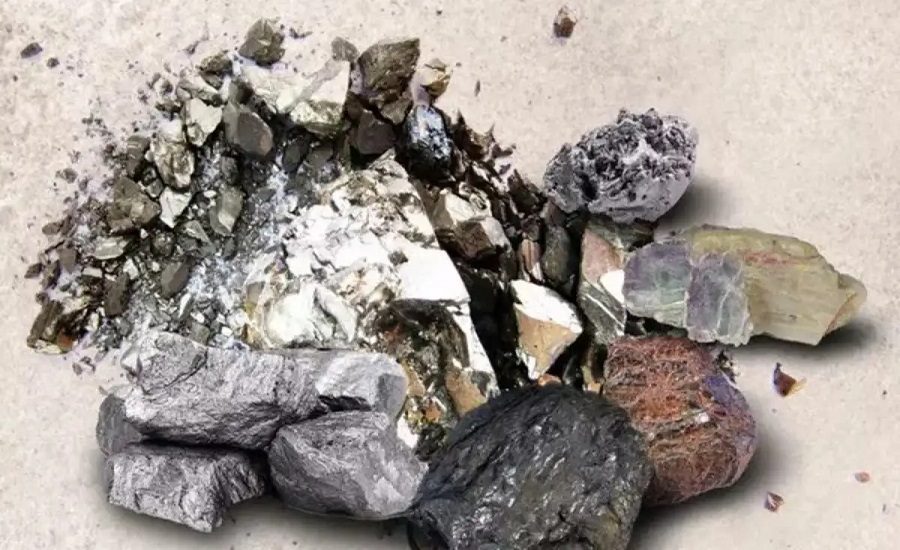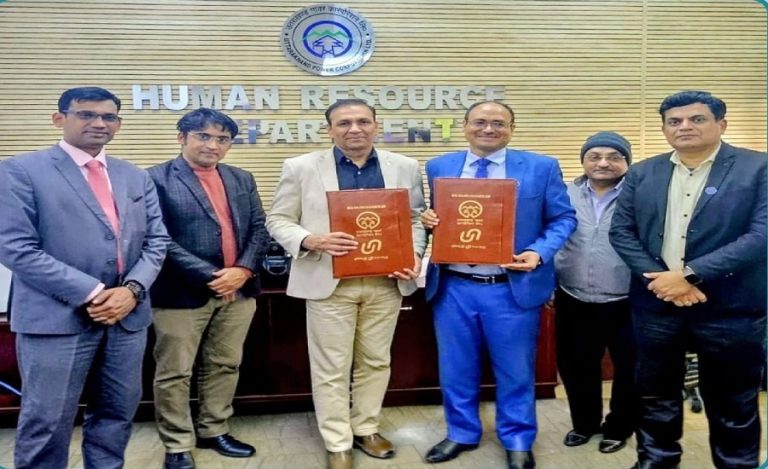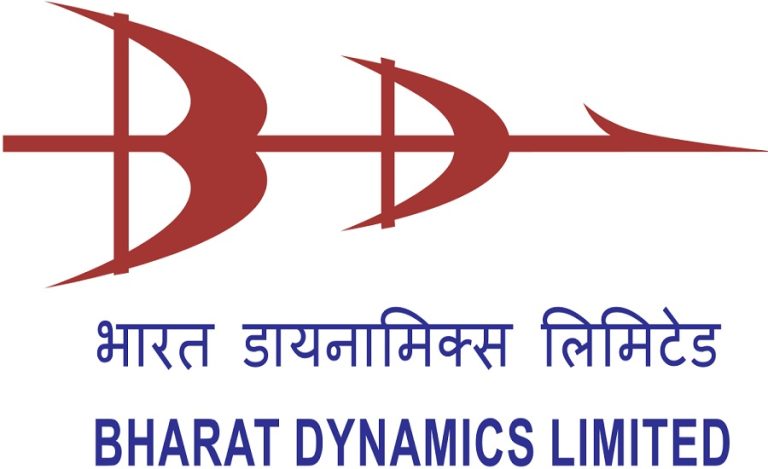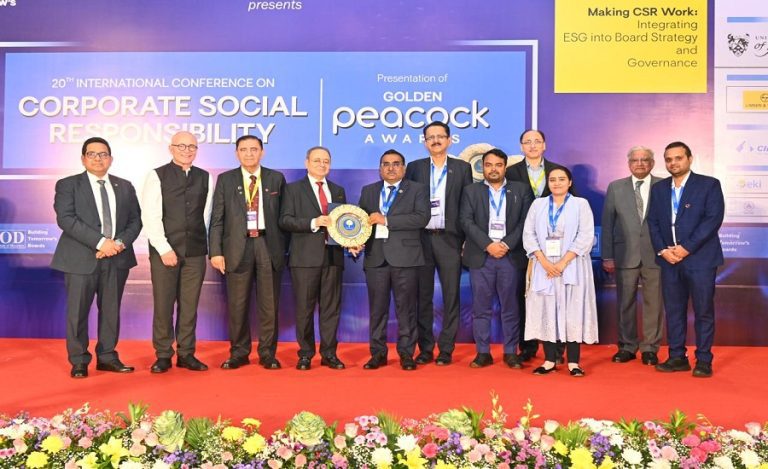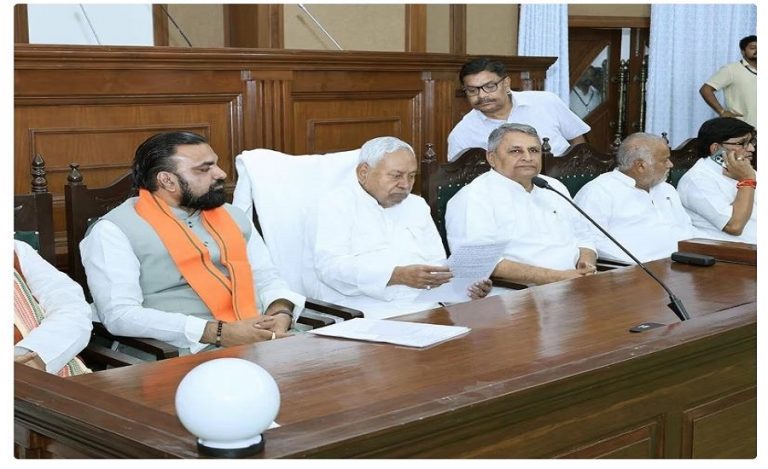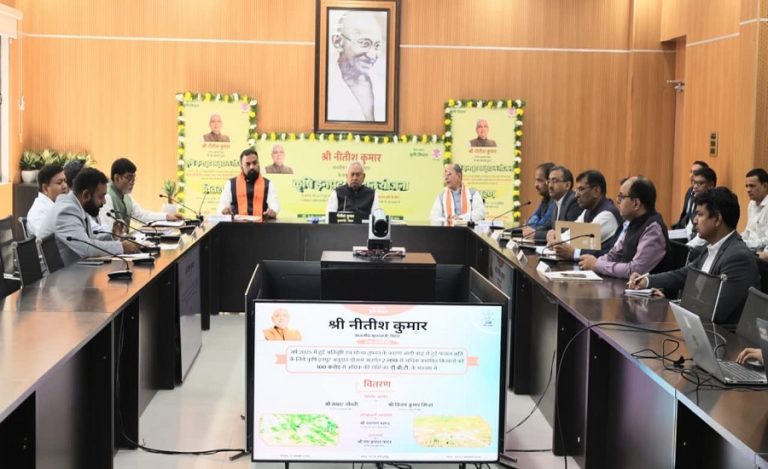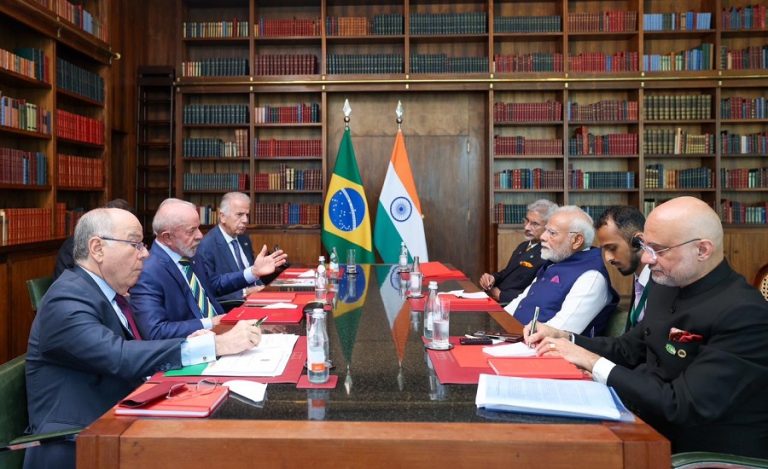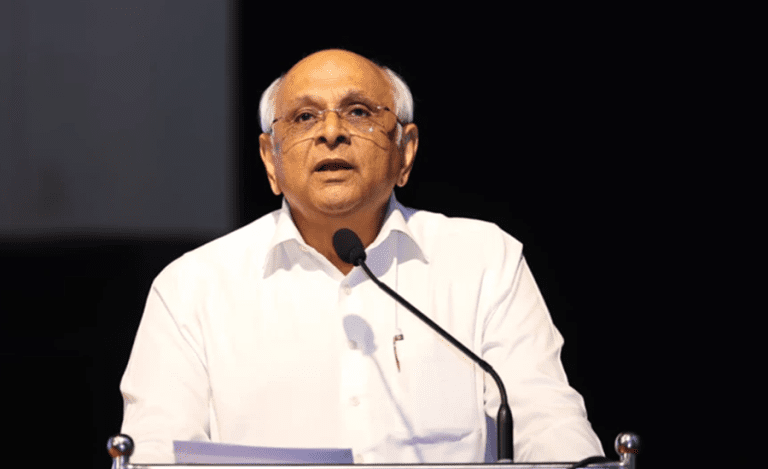In a significant step towards boosting India’s mineral self-sufficiency, the Ministry of Mines has concluded the fifth round of auctions for critical and strategic mineral blocks, with several state-owned and private firms securing key resources. Among the winners, Coal India Limited (CIL), Oil India Limited, NLC India, and Hindustan Zinc Ltd (HZL) have emerged as major beneficiaries, securing mineral blocks across multiple states.
Key Winners and Their Acquisitions
Coal India: The state-owned coal giant secured two high-value blocks – a graphite and vanadium block in Chhattisgarh, vital for battery technologies and steel production.
Oil India: The oil and gas major won a potash and halite mine in Rajasthan, marking a breakthrough in the country’s efforts to reduce dependence on imported potash for its agriculture sector.
Hindustan Zinc: The Vedanta group’s subsidiary not only secured a potash and halite block in Rajasthan but also claimed a rare earth elements (REE) block in Uttar Pradesh, which is expected to bolster India’s strategic reserves of these essential minerals.
NLC India: The company won two blocks for phosphorite and limestone in Chhattisgarh, which are crucial for the country’s fertilizer industry.
Read Also: Coal India Files DRHP for CMPDIL IPO; To Offload 7.14 Crore Shares
A Historic Milestone for India’s Mineral Independence
The auction also marks India’s first-ever successful auction of a potash block, a milestone that is expected to significantly impact the agriculture sector by reducing the reliance on imports. Potash is an essential component of fertilizers, and the successful auction in Rajasthan opens the door to unlocking the country’s domestic potash resources.
This is also the first successful auction of critical and strategic mineral blocks in Rajasthan, adding further significance to the ongoing efforts to expand India’s mining capabilities.
The Bigger Picture: Self-Sufficiency in Critical Minerals
In total, 10 out of 15 mineral blocks put up for auction were successfully bid on, including key minerals like graphite, phosphorite, phosphate, REEs, vanadium, and potash. These minerals are crucial to India’s long-term economic and industrial development, including sectors such as defense, energy, electronics, and automobiles.
The government’s efforts to unlock these resources are part of a broader strategy to build self-sufficiency in critical minerals, reducing the country’s dependence on imports for essential materials. The Ministry of Mines has also rolled out the National Critical Mineral Mission, which aims to develop the necessary ecosystem for the exploration and sustainable mining of such minerals.
Read Also: BIG: BSNL Posts Rs 280 Crore Profit in Q4, Marks Second Consecutive Quarterly Profit in 18 Years
Future Outlook
With the successful conclusion of the fifth round of auctions, India has now auctioned a total of 34 critical mineral blocks out of 55 put up for sale across five tranches. This marks an important milestone in the country’s quest to secure a steady and reliable supply of critical minerals for its industries.
The government’s proactive approach to auctioning critical mineral blocks and promoting domestic exploration is expected to accelerate the growth of India’s mining sector, reduce imports, and provide a significant boost to key industries, especially agriculture, defense, and manufacturing.
As the global demand for rare earth elements, graphite, and other critical minerals continues to grow, India’s domestic resource base is now better positioned to meet the challenges of the future.

